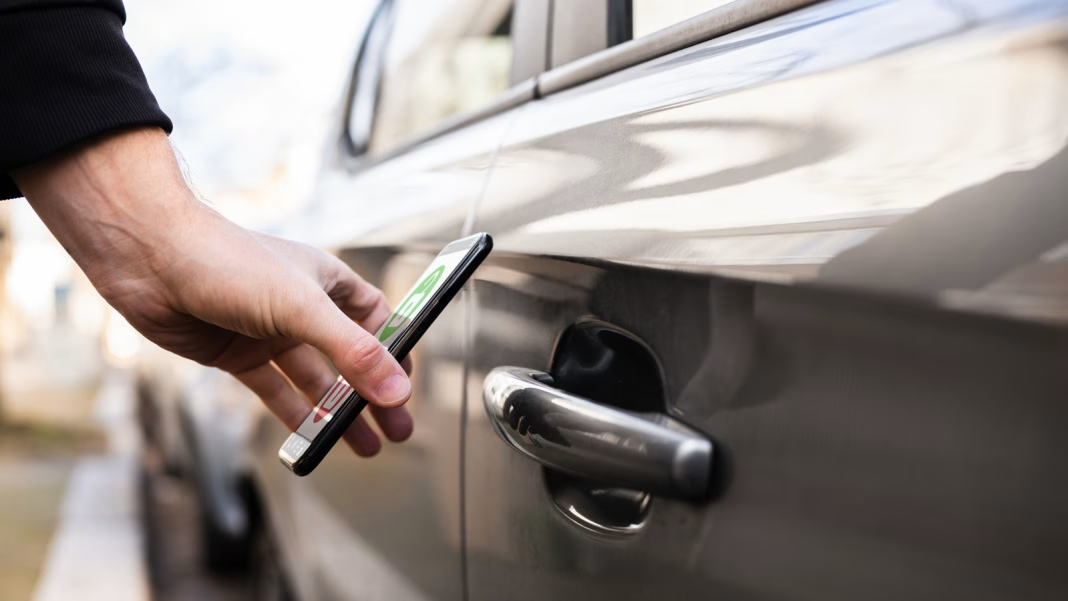How Did a Hacker Gain Access to Car Data and Controls?
Imagine logging into a rental car app, expecting to see your reservation details, but instead finding a backdoor to a treasure trove of sensitive information. That’s exactly what happened when a security researcher stumbled upon a vulnerability in a major car rental company’s system. By exploiting a flaw in the backend, he could view financial records, track the real-time locations of rental and courtesy vehicles, and even unlock any car in the fleet—all remotely.
The vulnerability wasn’t some arcane, hard-to-find bug. It was a gap in how the company handled authentication and permissions. In simple terms, the system didn’t properly check who was asking for what. This kind of oversight is more common than you’d think, especially as companies race to digitize and connect their fleets. According to a 2023 report by Upstream Security, cyberattacks targeting connected vehicles jumped 380% over the past four years. The more features we add for convenience, the more doors we unintentionally leave open.
What Kind of Data Was at Risk—and Why Does It Matter?
It’s easy to shrug off a car hack as a techie’s party trick, but the implications run deep. The hacker could access financial data—think payment histories, billing addresses, and perhaps even credit card numbers. That’s a goldmine for identity thieves.
But the real kicker? Real-time tracking of every rental and courtesy car on the road. For customers, that’s a privacy nightmare. For the company, it’s a logistical and legal headache. In the wrong hands, this data could be used for stalking, theft, or corporate espionage. If such data misuse leads to harassment or legal actions like protective orders, seeking help from a protective order defense attorney can be essential for safeguarding your rights. The ability to remotely unlock vehicles takes it a step further, blurring the line between cybercrime and physical theft.
A 2022 study by the Ponemon Institute found that 84% of automotive companies experienced at least one cyberattack in the past year. Most incidents go unreported, but the risks are escalating as cars become rolling computers.
How Are Companies Responding to These Threats?
After the vulnerability was reported, the rental company moved quickly to patch the flaw. That’s good news, but it’s only a first step. The auto industry is waking up to the reality that cybersecurity isn’t just about protecting data—it’s about protecting people.
Leading manufacturers and fleet operators are now investing in bug bounty programs, inviting ethical hackers to find and report vulnerabilities before criminals do. Some are even hiring Chief Information Security Officers (CISOs) with backgrounds in both IT and automotive engineering. The National Highway Traffic Safety Administration (NHTSA) has also issued guidelines urging automakers to adopt a “defense in depth” approach—layering security measures so that a single breach doesn’t compromise the entire system.
What Can Drivers and Renters Do to Protect Themselves?
While most of the heavy lifting falls on companies, there are steps you can take to reduce your own risk. Always use strong, unique passwords for rental car apps and never reuse passwords from other accounts. Enable two-factor authentication if it’s available. Be wary of unsolicited emails or texts claiming to be from your rental company—phishing is still a favorite trick among cybercriminals.
If you’re especially privacy-conscious, consider opting out of location tracking features when you rent a car. And if you notice anything odd—like a car unlocking itself or strange charges on your account—report it immediately. The sooner a company knows about a potential breach, the faster they can act.
Why Do These Hacks Keep Happening?
The rush to add smart features—remote unlock, GPS tracking, mobile payments—means security sometimes takes a back seat to convenience. Many companies rely on third-party vendors for software, creating a patchwork of systems that don’t always play nicely together. And with vehicles staying on the road for a decade or more, outdated tech lingers long after it should have been retired.
It’s not just a tech problem; it’s a culture problem. Security needs to be baked into every stage of development, from the first line of code to the final product. That means more training, more investment, and a willingness to learn from mistakes.
What’s the Big Takeaway for Everyday Drivers?
Car hacking isn’t science fiction anymore—it’s a real, growing risk. But it’s not all doom and gloom. The industry is getting smarter, and so can you. The big takeaway? Staying secure isn’t about perfection—it’s about smarter adjustments. Start with one change this week, and you’ll likely spot the difference by month’s end. Whether it’s updating your app, changing a password, or just being a little more skeptical of that next email, every step counts.

